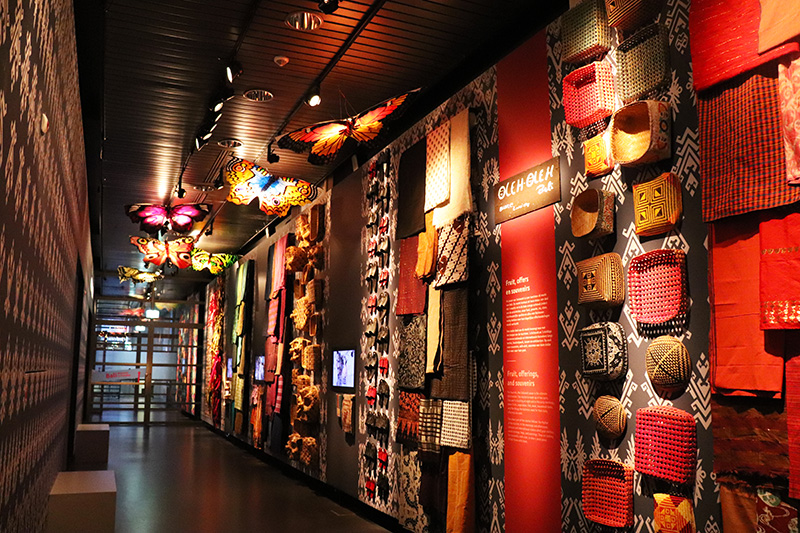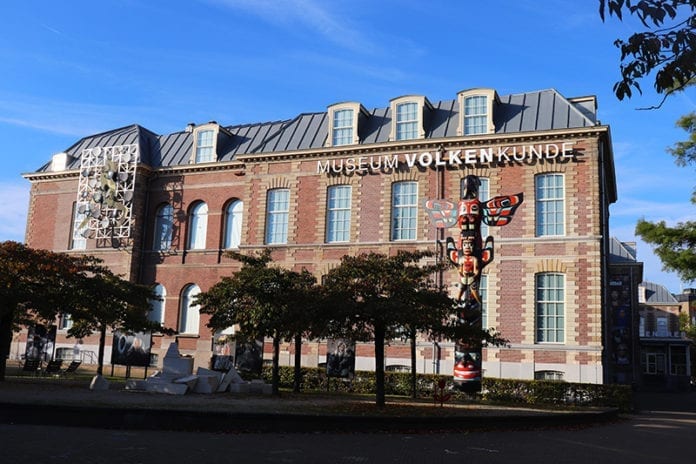Colonialism: the gift that keeps on giving (please sense the sarcasm)!
Post-colonial museum reparations are underway at the Netherlands’ National Museum for World Cultures (NMVW) , where they want to return the art stolen during the Dutch colonial rule to their countries of origin. It was created in 2014 as a merger between the Tropenmuseum in Amsterdam, Volkenkunde Museum of Ethnology at Leiden, and the Africa Museum in Berg en Dal. Collectively, they have 375 thousand objects, a large part of which come from Indonesia, reports NOS.
The museum world (a part of it anyway) around western Europe and the US have been adopting a post-colonial perspective where they are looking to do the same. This has been taking place for a (little) while now. Jokes about how empty the British Museum would be if they were to actually return all of their art pieces to their countries of origin have been swarming the internet. Or, my social media channels’ algorithms have been adjusted for my worldview. ?
Wondering what an Ethnology museum in the Netherlands looks like? Check our video out!
Museum reparations: determining their country of origin
But the problem with art stolen during colonial times is that they were less interested in maintaining the context of the art piece and where it came from, as opposed to pillaging, theft and plunder. Even the NMVW director, Stijn Schoonderwoerd, told NOS that at least half of their collection has objects from the colonial past, but a lot more research needs to be done to know where they come from. The biggest challenge they face right now is finding out how exactly these art pieces ended up in the Netherlands.

However, as these art pieces are officially government property, the final decision will have to lie with the Minister of Education, Culture and Science. The director reiterates that there has to be a national policy made for looted art, not just for colonial objects but also the objects looted during the Second World War. He believes that this will happen in the museum world, through out.
Don’t you think it is about time that these objects were returned back to their countries of origin? There has been a lot of talk of art institutions in France, Britain and the US for a while now, and the Netherlands has entered them now. This is in the positive direction, and we are looking forward to how this will be taken forward by the museum world in Europe (looking at you, France and Britain).
What do you make of this? Let us know in the comments!
Feat pic cc: Abbie Neale
